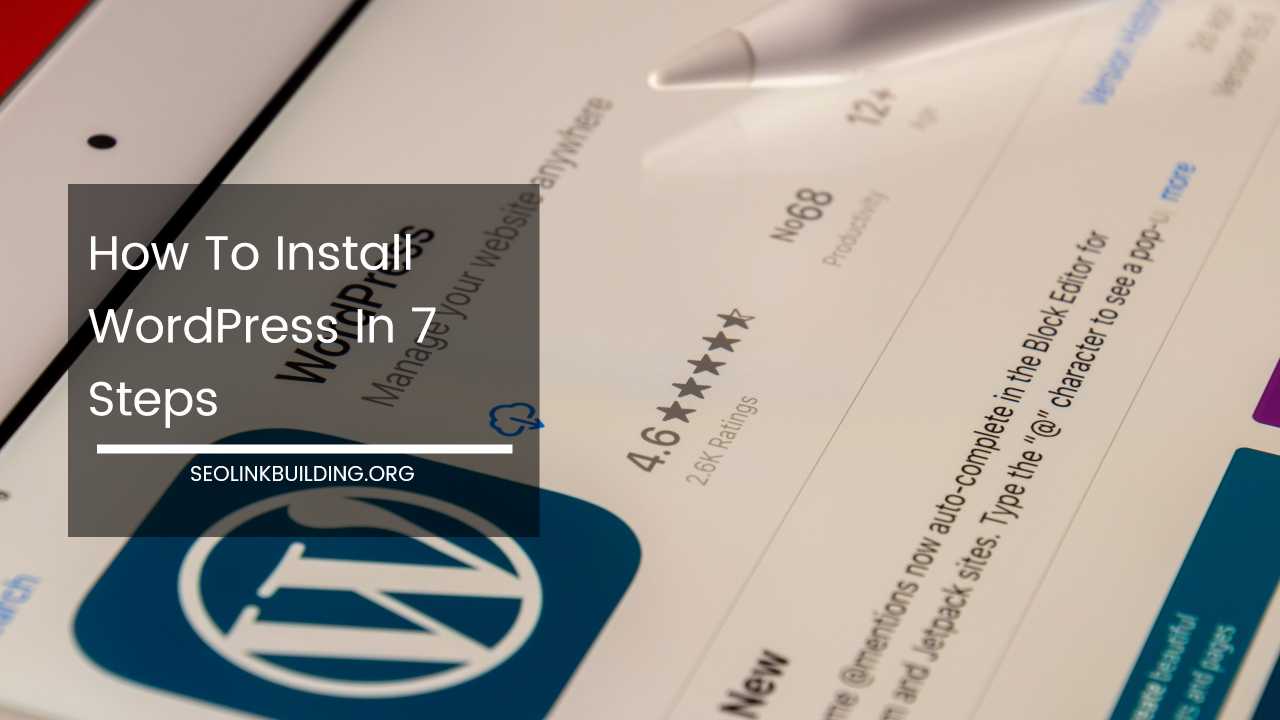8 Tips for a Better SEO Copywriting

Writing for human and search engine is challenging. The saying goes that you should write for people first and search engines second.
This basically means you should be creating really quality pieces that are useful and engaging for humans because the search engines have the tendency to recognize your efforts.
You always want to put keywords on the right place for the search engine, but this could turn off your readers due to the weird wording structure.
On the other hand, you want to entice your reader with excellent wording and structures, but this could turn off search engines due to the excessive wording that lack keywords.
Finding the balance is the key to successful SEO copywriting.
Categorise your pages: Before writing, think about the structure of your site.
Find out what keywords your customers are searching for: These are the words you’ll want to use to describe your product or service.
Use phrases, not single words: Why? Firstly, there’s too much competition for single keywords. Secondly, research shows that customers are becoming more search-savvy – they’re searching for more and more specific strings.
Pick the important keyword phrases: Don’t include every keyword phrase on every page. You should dedicate some time to brainstorming, researching and testing your keywords before using them with Search Engine Optimization (SEO).
Finding and using valuable keywords can increase the success of your website. Identifying the best adjectives and nouns for your website will determine your success in the search engine optimization (SEO) process.
Make sure you understand the SEO process well before picking the keywords.
Be specific: Don’t just say, “our computers.” Wherever you would normally say “our computers,” ask yourself if you can get away with saying “our cheap second hand Macs” or “our cheap second hand PCs.” Your article should be well written, engaging, and informative.
It should present a new angle on a specific topic. A good hook in the beginning along with useful information will make people want to continue reading it. Your points should be practical, entertaining, or otherwise valuable.
Use keyword phrases in links: Although you shouldn’t focus on every keyword phrase on every page, it’s a good idea to link your pages together with text links.
Use keyword phrases in headings: Just as customers rely on headings to scan your site, so to do search engines. This means headings play a big part in how the search engines will categorise your site.
Test keyword phrase density: Generally speaking, a density measurement of around 3% is what you’re looking for. Any less, and you’ll probably need to take another pass.
One word of advice: Don’t overdo the SEO in copywriting – you could end up turn-off readers and search engines! Seek professional help that can offer you the balance.













